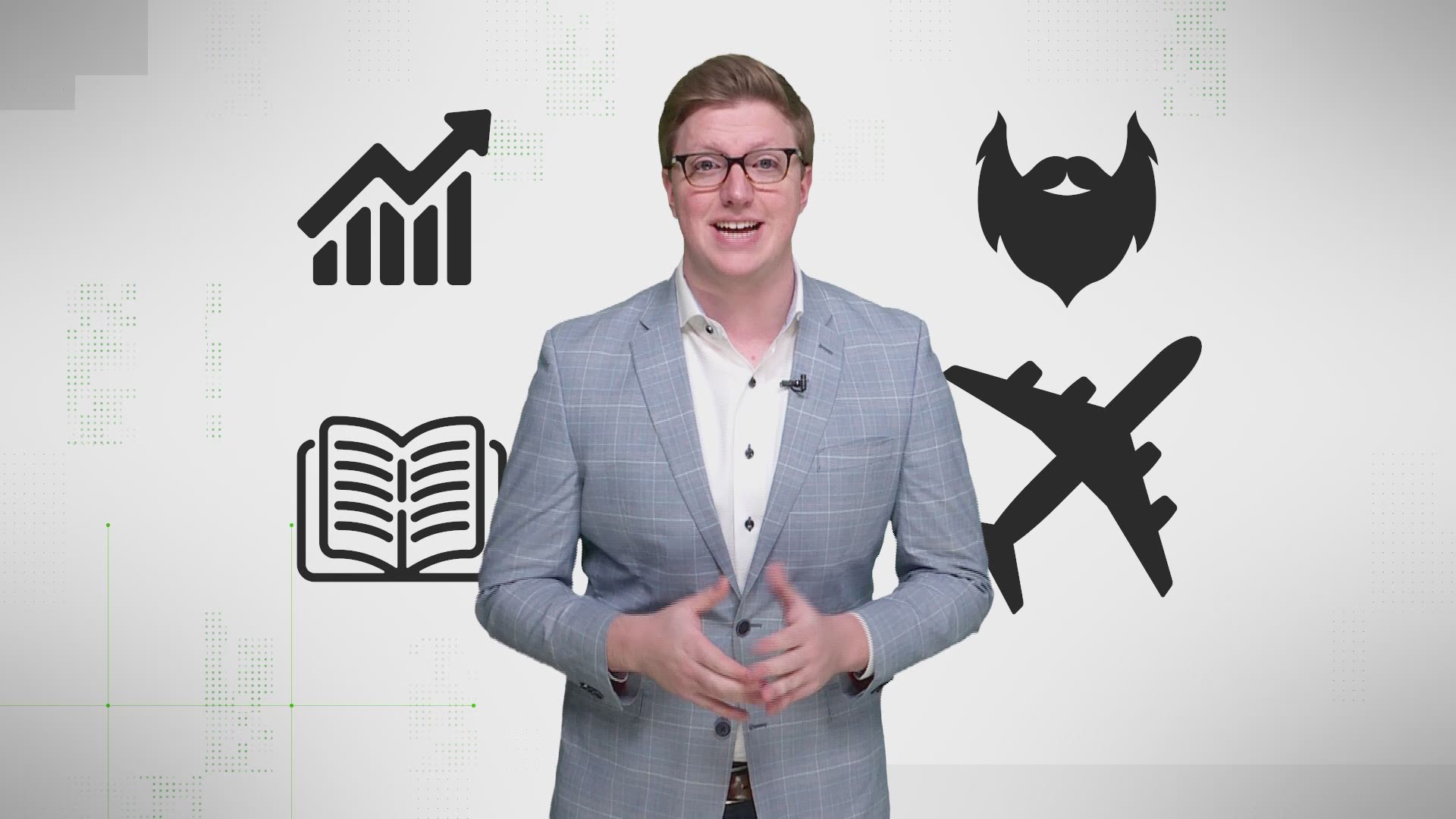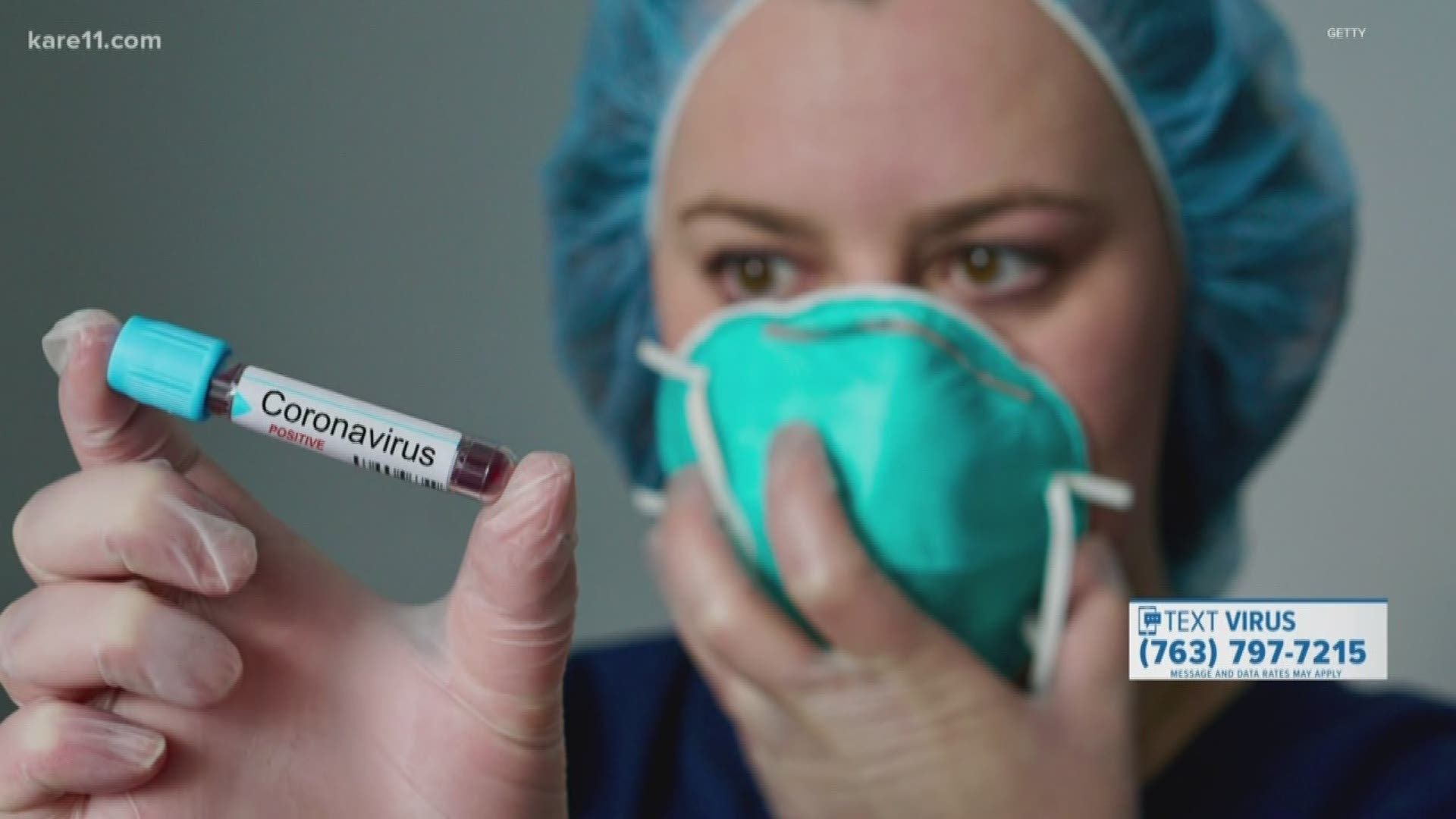Because the coronavirus has hit hardest in people who are 50 or older with underlying health issues, health officials say it's best that they keep their essential medications on hand.
"The main issue is not that we expect to necessarily run out of these drugs, but if we do have coronavirus cases taking place in the US, people may want to minimize being out and about," said Stephen Schondelmeyer, professor of pharmaceutical economics at the UofM. "You should at least make sure you have a full month supply and, when possible, talk to your doctor and your pharmacist and see if you can get a 90 day supply."
But getting a 90 day supply isn't always easy or affordable. It often depends on your insurance plan and prescription cost sharing.
KARE reached out to some Minnesota based insurance providers. Here's what they said about the issue.
UCare:
"UCare is monitoring COVID-19 developments vigilantly on behalf of our members, employees and providers. When necessary, UCare will deploy its emergency preparedness plan – which includes determinations about whether policy changes are needed to ensure that people get essential care. That may include easing network requirements, prescription drug coverage, referral requirement and/or cost sharing. We are also educating members and employees about preventive steps such as hand washing and staying home when sick. Currently, UCare covers prescriptions over 30 days for Medicare and Individual & Family plan members, and complies with the state’s pharmacy service limits of 30 to 34-day supplies for members enrolled in Medical Assistance programs."
Blue Cross Blue Shield of Minnesota:
“Our top priority is to ensure the health and safety of our members, and we are closely following the developing guidance of local and federal health officials. In the event of a local public health crisis, we are fully prepared to adjust standard refill policies and allow for longer-term prescriptions. We encourage our members to consider current mail-order pharmacy options, which often allow for up to 90-day refills delivered directly to the home.”
In some cases, the insurers say they are limited by the Minnesota Department of Human Services, which regulates the Minnesota Health Care Programs, which are set up for low income adults. Those plans require that "a prescribed drug must not exceed a 34-day supply."
"We do need to appeal to the medicaid program, the medicare program to see if they couldn't allow a 90 day supply in the next 6-12 months so people can stay stocked up and have drugs available," Schondelmeyer said. "I agree with them monitoring, but we're at the edge where now they need to have a plan and begin to act on it."
The Department of Human Services oversees the Minnesota Healthcare programs. KARE reached out to them today about the 30 day prescription limit, but they have yet to respond.




